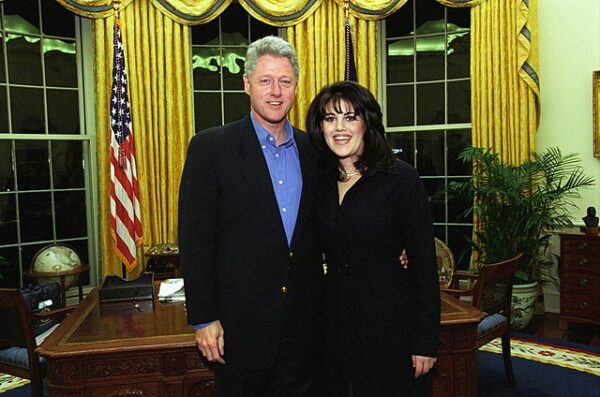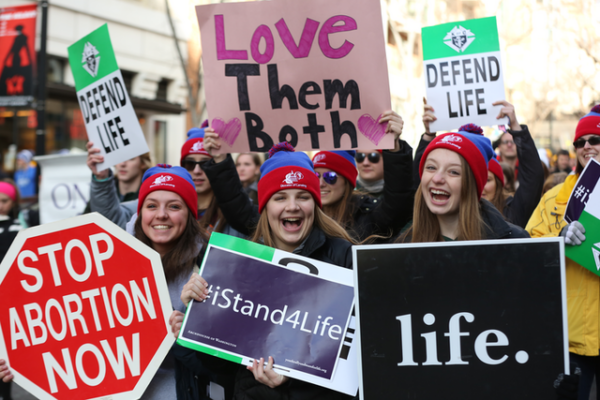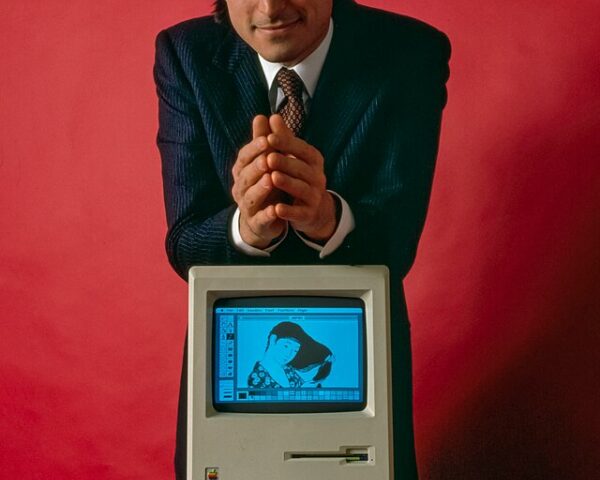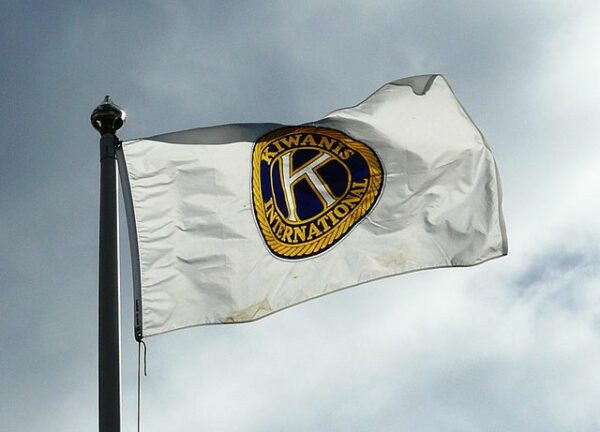On January 26, 1998, President Bill Clinton said something on national television that became a defining aspect of his presidency: “I did not have sexual relations with that woman, Miss Lewinsky.”
The Monica Lewinsky scandal was a major political scandal that emerged in the late 1990s, centered around an affair between President Bill Clinton and Monica Lewinsky, a 22-year-old White House intern. The affair and its repercussions became a significant moment in American politics and culture, leading to a media frenzy and intense public scrutiny.
In January 1998, reports surfaced that Clinton had been involved in a sexual relationship with Lewinsky. This revelation was explosive, as Clinton had previously been involved in a series of controversies regarding his personal conduct, and the Lewinsky affair added fuel to the fire of his critics.
Monica Lewinsky, who had worked at the White House from 1995 to 1996, became the focus of a federal investigation led by Independent Counsel Kenneth Starr. The investigation aimed to determine whether Clinton had committed perjury or obstructed justice in a separate sexual harassment lawsuit filed by Paula Jones, a former Arkansas state employee. During a sworn deposition in the Jones case, Clinton denied having sexual relations with Lewinsky, leading to accusations of perjury when evidence of the affair surfaced. The evidence included a blue dress belonging to Lewinsky that contained the President’s DNA, which contradicted his sworn testimony.
The scandal reached a peak when Starr submitted a report to the United States House of Representatives, which became known as the Starr Report. The report contained explicit details about the Clinton-Lewinsky affair and raised questions about the President’s integrity and fitness for office. It served as the basis for the House’s impeachment proceedings against Clinton. In December 1998, the House of Representatives voted to impeach Clinton on charges of perjury and obstruction of justice, making him the second president in U.S. history to be impeached.
The trial took place in the Senate, where the dynamics of party politics played a significant role. Despite the charges and the evidence presented, the Senate acquitted Clinton in February 1999, as the two-thirds majority required for conviction was not reached. The final vote was largely along party lines, with Democrats generally supporting the President and Republicans pushing for his removal. The acquittal allowed Clinton to finish his second term in office, but the scandal left an indelible mark on his presidency and legacy.
The Monica Lewinsky scandal had far-reaching effects beyond the political arena. in covering personal indiscretions of public figures. Lewinsky, who faced intense public shaming and scrutiny, later became an advocate against bullying and for a more compassionate public discourse.






